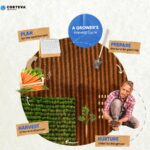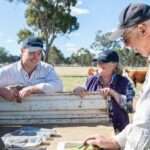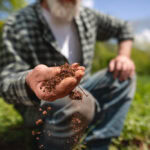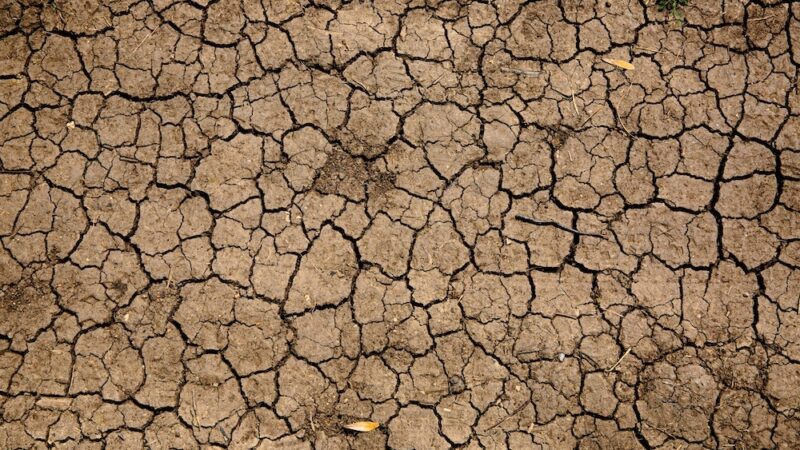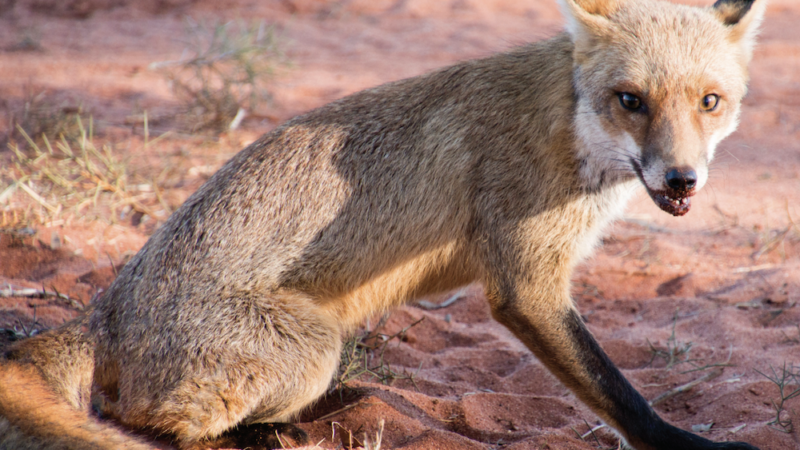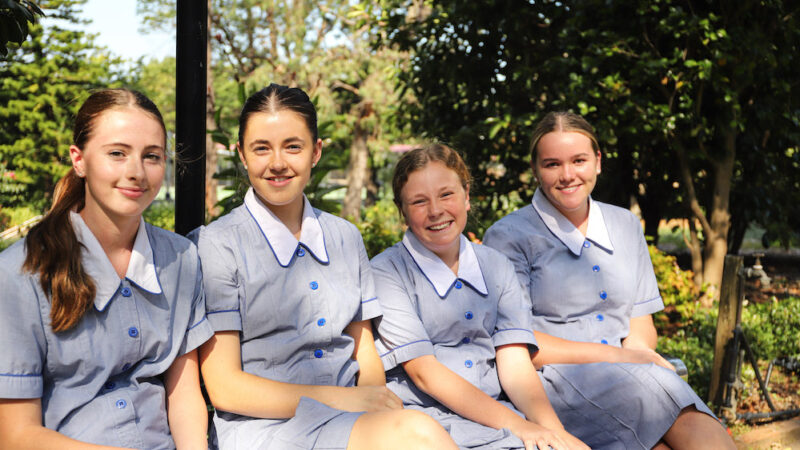What is soil? Soil is the topmost layer of the Earth in which plants grow.…
Cash for soil carbon projects on farms
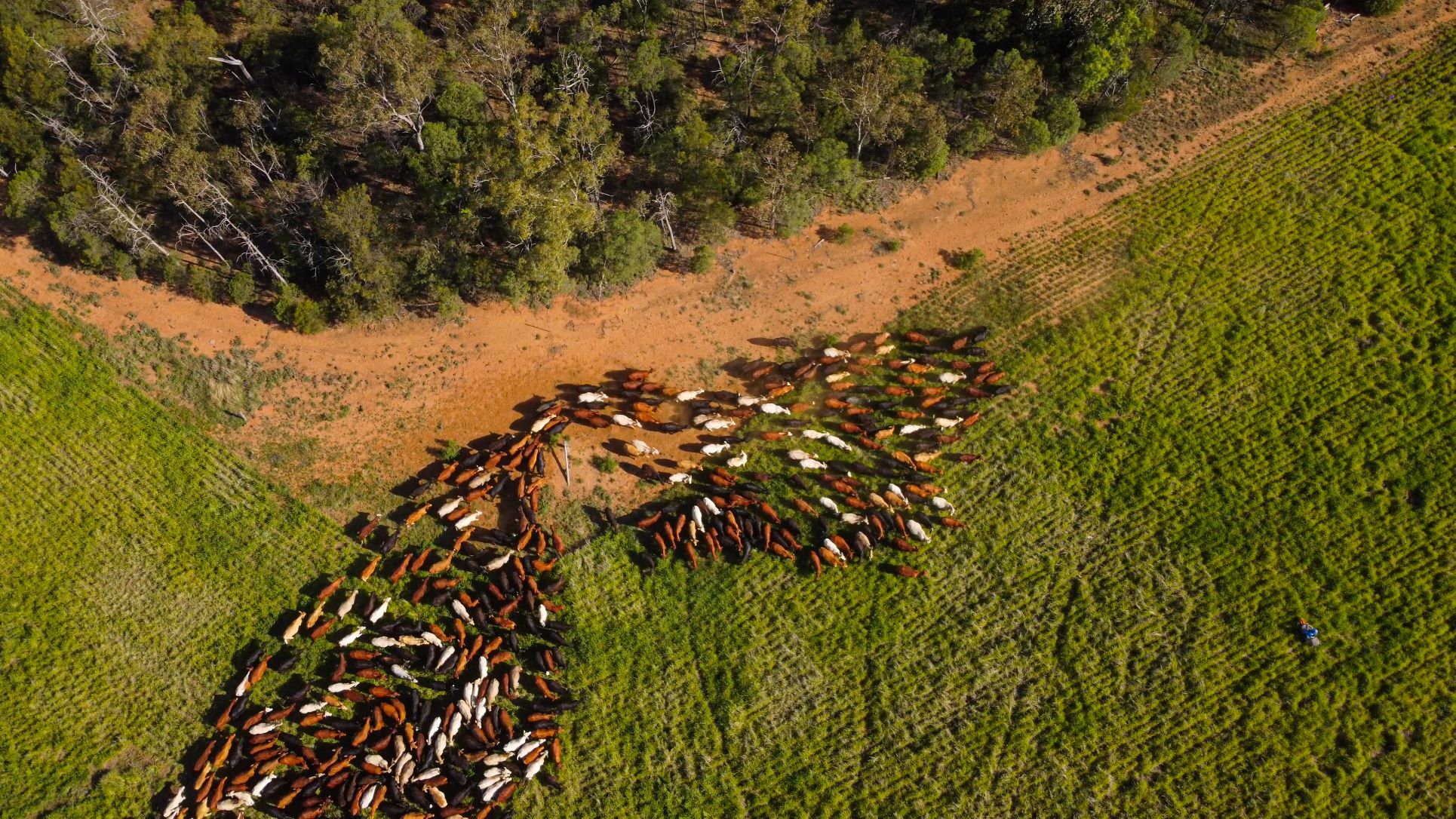
Australian farmers have the potential to increase their profitability by engaging in a soil carbon project, according to leading soil carbon project developer Carbon Link.
Carbon Link Commercial Director Andrew Gatenby said existing soil carbon projects are indicating the potential to substantially boost returns for large-scale grazing operations.
�Our existing projects suggest a well-managed beef operation can generate additional returns from soil carbon that are on par or greater than the average return for Queensland beef producers, exceeding $100 per hectare annually,� Mr Gatenby said.
A soil carbon project removes carbon from the atmosphere where it is a problem for the climate and stores it in soils where it is an asset to farmers and the environment.
Carbon Link and its producer partners have now completed a second sample round across 20,000 ha in NSW and Queensland, yielding results above expectations.
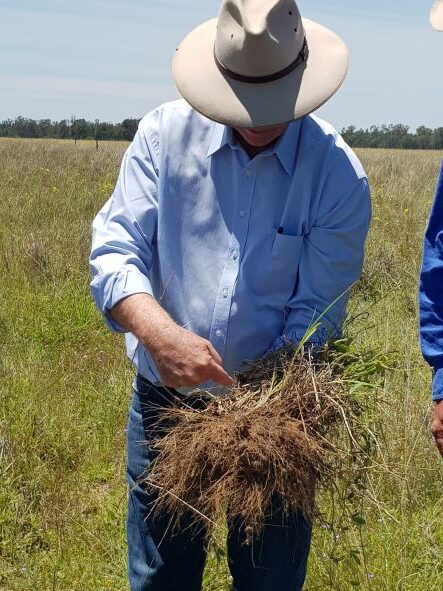
�This will be the largest longitudinal study of soil carbon, at scale, in a commercial environment anywhere in the world,� the company said.
�The preliminary findings look very promising, despite the properties facing significant seasonal challenges such as 2 to 3 years of drought and the impact from large fires and pasture dieback.
�Interestingly, carbon was found at levels that only the Carbon Link/CSIRO technology can detect.�
Soil carbon levels were measured in 2016, down to a depth of 1.2 metres. Practices to build soil carbon were introduced by the landholders and the soils were remeasured five years later in 2021.
The Australian Government�s Clean Energy Regulator will review the project results over coming months.
By June 30 Carbon Link will have baselined projects covering more than 100,000 hectares. They have a focus on properties of 1,000 ha and larger, and a long-term goal to baseline eight million hectares by 2030.
�We are encouraging Australian farmers to consider the benefits of implementing practice changes which improve productivity, enhance soil health, and also offer financial benefits through the production, measurement and issuance of ACCU�s (Australian Carbon Credit Units),� Mr Gatenby said.
Carbon Link was spun out of RCS Australia, Australia�s leading provider of education and advice in regenerative agriculture.
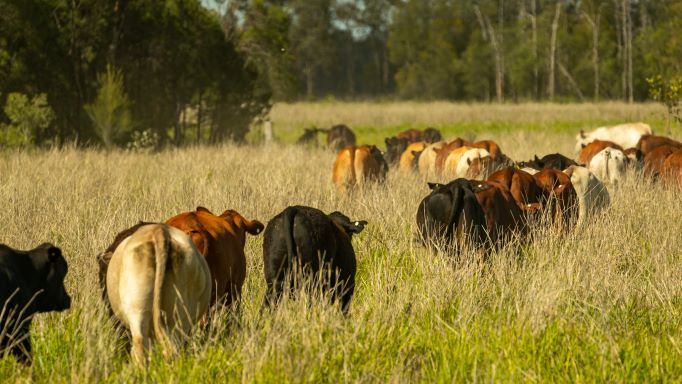
Carbon Link used its R&D soil carbon results to compare:
- An average Queensland beef property (with RCS benchmark data).
- A well-managed beef property in the top 20 per cent of beef producers implementing time control grazing.
- A well-managed beef property in the top 20 per cent of beef producers implementing time control grazing with a soil carbon project.
The results are $45/ha (average) versus $100/ha (top 20%) and an additional $100/ha soil carbon income (net of costs � unaudited).
A property with a carbon project will earn additional returns on par or greater than returns achieved for beef production by an average Queensland beef producer in Southern Queensland.
�When farmers build soil carbon they also improve soil health, hydration and biodiversity, making their land more resilient in the face of droughts and extreme weather events,� Mr Gatenby said. �This improves the landholder�s productivity and profitability, and income from carbon credits is additional.�
Learn more about regenerative agriculture here.


